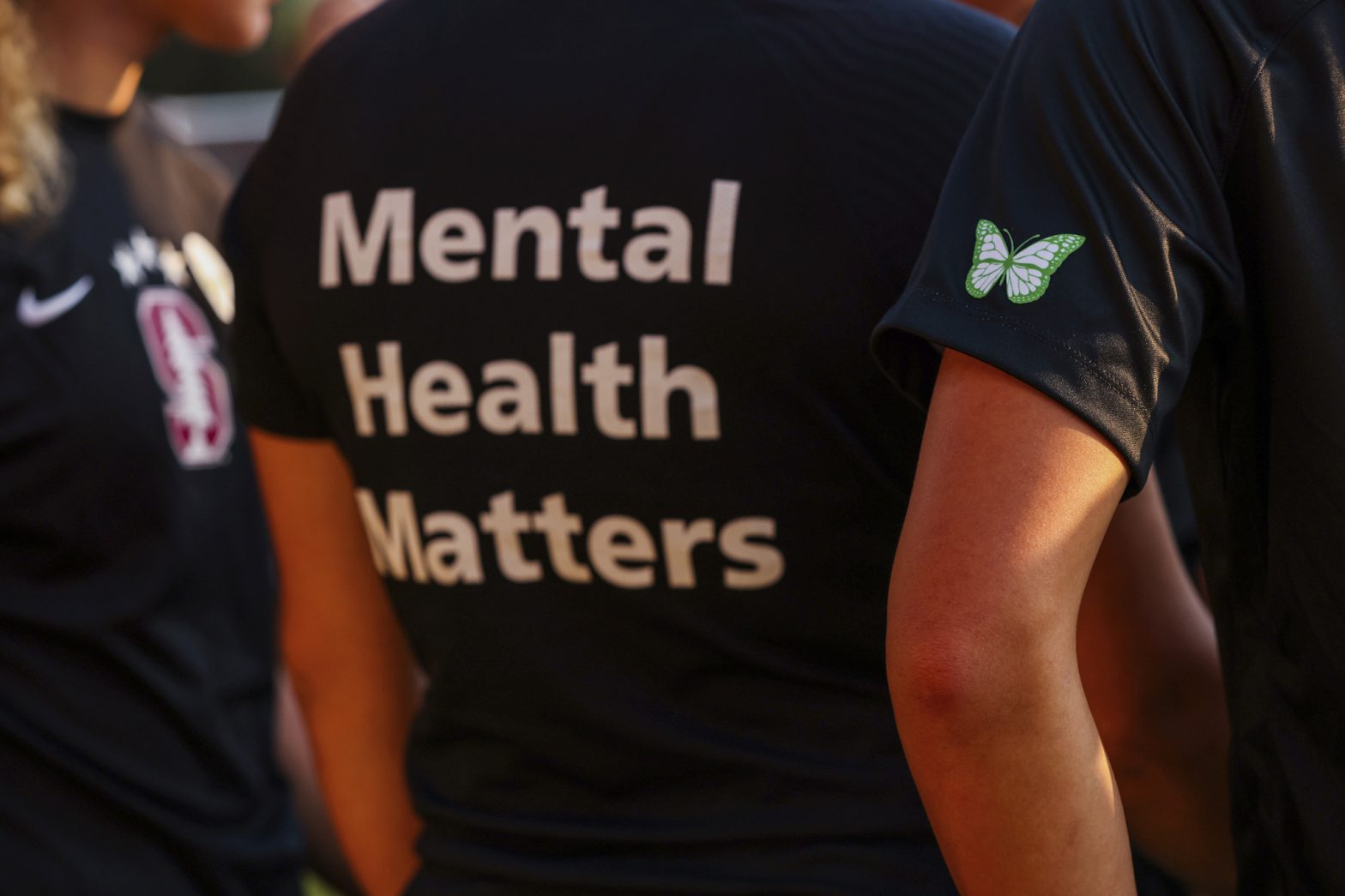Community Mental Health Care Is on the Operating Table
COMMENTARY

Recent heated debates over Proposition 1 in California, which authorizes $6.38 billion for mental health treatment facilities, have put these centers in the spotlight.
Put simply, community mental health care is broken.
Multiple states across the country have attempted and failed to reform these systems, and with 14% of these centers closing between 2014 and 2017, it’s time to reevaluate how they operate.
As a former community mental health care worker, I can attest to the lack of consistent funding and oversight resulting in the community mental health care problems we see today.
When former President John F. Kennedy passed the Community Mental Health Act in 1963, he wanted to create a roadmap for services for people with serious mental illness in the community. However, limited funding to establish this system meant that not only were these centers financially behind, but they were also forced into throwing together programs quickly with news that funding would soon be pulled.
Thus rose a system that was constantly playing catch-up, had little federal and state oversight, and was not given proper guidance through regulation.
For example, in Colorado, a state with a reputation for having a strong community mental health system, a 2021 investigation revealed its centers were wasting money on purchases that did not directly help clients. In another case, an owner of multiple community mental health centers across North Carolina and Florida pleaded guilty to committing fraud by telling staff to fake service billing and patient notes to receive more reimbursement from Medicaid.
Unfortunately, programs that could help fix such problems are limited by federal block grants.
These grants help support community mental health systems across the country, but funding has fallen over the last 20 years. Though community mental health services are funded through many avenues, block grants help these agencies develop promising programming, addressing pitfalls such as the integration of behavioral and physical health care. And with less funding coming from block grants, competition to stay open can lead to a focus on financial incentives instead of the people that need services.
During my time working in community mental health care, I observed the cause of these issues firsthand. No matter what I tried to do to help an individual, roadblocks emerged every day. Obstacles included outdated health record systems, lack of coordination of care with other social or health services, and feeling undervalued and underpaid. And services that were needed by the community were constantly at risk for getting cut.
When working on a mobile crisis unit, many of our weekly meetings included updates on further cuts to our working hours and fears around potentially being shut down. We were also pushed to see as many people as possible to ensure a constant stream of Medicaid dollars — one form of funding the agency could control.
All of this stress and pressure led to my eventual burnout and exit from the field.
As a researcher, I am trying to understand the underlying factors that could create stability for the community mental health care system, such as organizational changes.
First, we need to repair the current community mental health infrastructure. For example, digitizing systems to consolidate patient information could result in more efficient use of funding. It’s been done in other parts of health care for years and can help bridge clients to other types of care.
Second, agencies could reduce mental health and substance use staff turnover by increasing their salaries.
Lastly, agency use of funding should be tracked, evaluated and audited to ensure money is being used on services clients need most.
If we don’t fix existing systems first, we will continue to see misuse of funding, failed programming and individuals let down by a system they look to for help.
Sasha Zabelski is a Public Health Sciences Ph.D. student at UNC Charlotte studying access to community mental health care. She is also a former community-based mental health crisis therapist. She can be reached on LinkedIn.

























